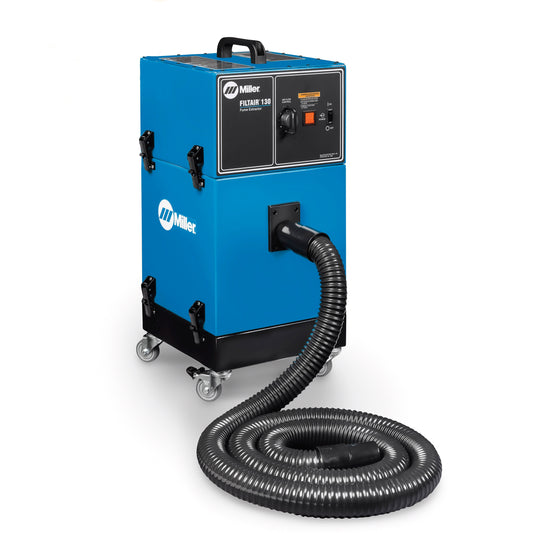Welding in confined spaces presents unique challenges that demand strict safety measures to protect workers from hazardous conditions. Whether welding inside tanks, pipes, vessels, or enclosed structures, welders must be aware of potential dangers and follow industry best practices to ensure their safety.
What Defines a Confined Space?
A confined space is any enclosed or partially enclosed area with limited entry and exit points. These spaces are not designed for continuous worker occupancy and may pose risks such as:
- Lack of proper ventilation
- Exposure to toxic fumes
- Limited mobility
- Fire and explosion hazards
Common examples of confined spaces in welding include storage tanks, boilers, tunnels, ship hulls, and pipelines.

Hazards of Welding in Confined Spaces
Oxygen Deficiency and Toxic Fumes
Welding consumes oxygen and produces harmful gases such as carbon monoxide and ozone, which can quickly accumulate in confined spaces. Without proper ventilation, oxygen levels may drop to dangerous levels, leading to dizziness, disorientation, or even asphyxiation.
Fire and Explosion Risks
Sparks, molten metal, and flammable gases increase the risk of fire and explosions in confined spaces. Residual chemicals or combustible materials in the area can ignite when exposed to high temperatures.
Heat Stress and Fatigue
The heat generated by welding in enclosed spaces can lead to extreme temperatures, causing dehydration, heat exhaustion, or heat stroke. The lack of airflow exacerbates these conditions, making it crucial to take frequent breaks and stay hydrated.
Restricted Movement and Escape Challenges
Confined spaces often have narrow entry points, making it difficult to move freely or escape in case of an emergency. In the event of an injury, rescue operations can be complicated and time-sensitive.
Best Practices for Welding Safely in Confined Spaces
Perform a Risk Assessment
Before welding, conduct a thorough risk assessment to identify potential hazards and implement necessary safety measures. This includes checking for toxic gases, oxygen levels, and flammable substances.
Ensure Proper Ventilation
Use exhaust fans, air movers, or local exhaust ventilation (LEV) systems to remove harmful fumes and maintain adequate oxygen levels. When natural ventilation is insufficient, supplemental forced ventilation should be employed.
Wear Appropriate PPE
Personal protective equipment (PPE) is essential for confined space welding. The recommended gear includes:
- Respiratory protection
- Fire-resistant clothing
- Welding gloves and boots
- A full-face welding helmet with proper lens shading
- A harness and lifeline when required
Use Gas Detection Equipment
Monitor oxygen levels and detect hazardous gases using portable gas detectors. Continuous air quality monitoring ensures a safe working environment.
Implement a Fire Prevention Plan
Remove all flammable materials from the workspace. Have fire extinguishers and emergency response equipment readily available. Assign a fire watch personnel to monitor for sparks and potential hazards.
Establish Communication and Rescue Plans
Maintain constant communication with outside personnel. Implement an emergency response plan, including an on-site rescue team equipped with proper retrieval systems like tripods, winches, or air supply hoses.
Take Regular Breaks and Stay Hydrated
Due to the increased heat and physical strain, welders should take scheduled breaks to cool down and hydrate. Rotating work shifts can help prevent fatigue and overheating.
Follow OSHA and Industry Regulations
Ensure compliance with Occupational Safety and Health Administration (OSHA) confined space regulations, including:
- 29 CFR 1910.146 (Permit-Required Confined Spaces)
- 29 CFR 1910.252 (Welding, Cutting, and Brazing Standards)
Stay Safe with Baker's Gas and Welding
Welding in confined spaces requires careful preparation, the right equipment, and strict adherence to safety protocols. By following these best practices, you can reduce risks and ensure a safer working environment.
For all your welding safety equipment, gas detection systems, and protective gear, reach out to Baker's Gas and Welding. Call us at 877-930-5690 or email support@bakersgas.com for expert advice and top-quality welding supplies!





